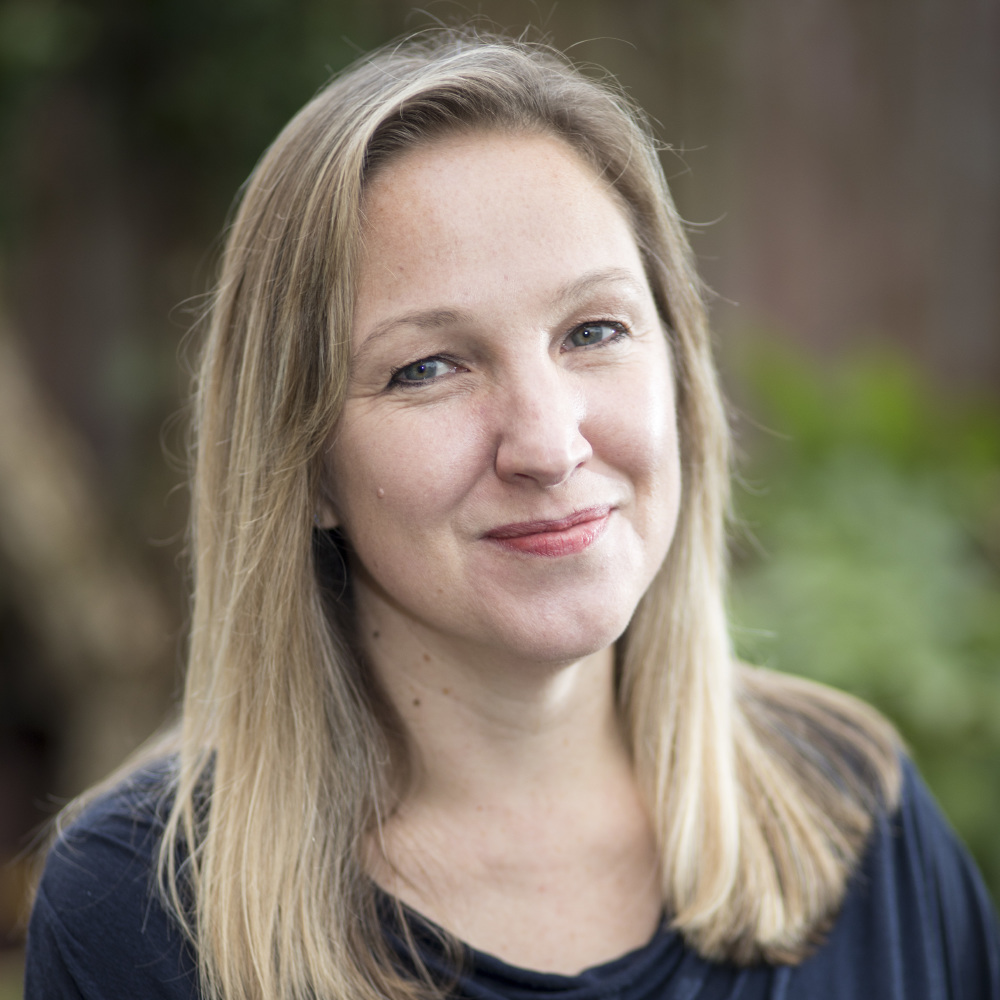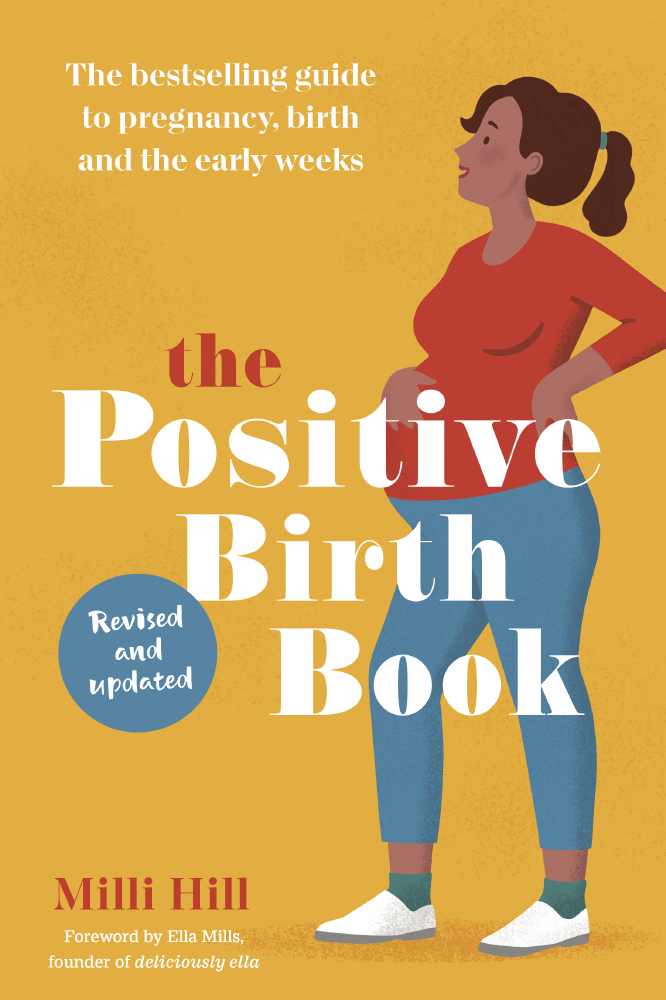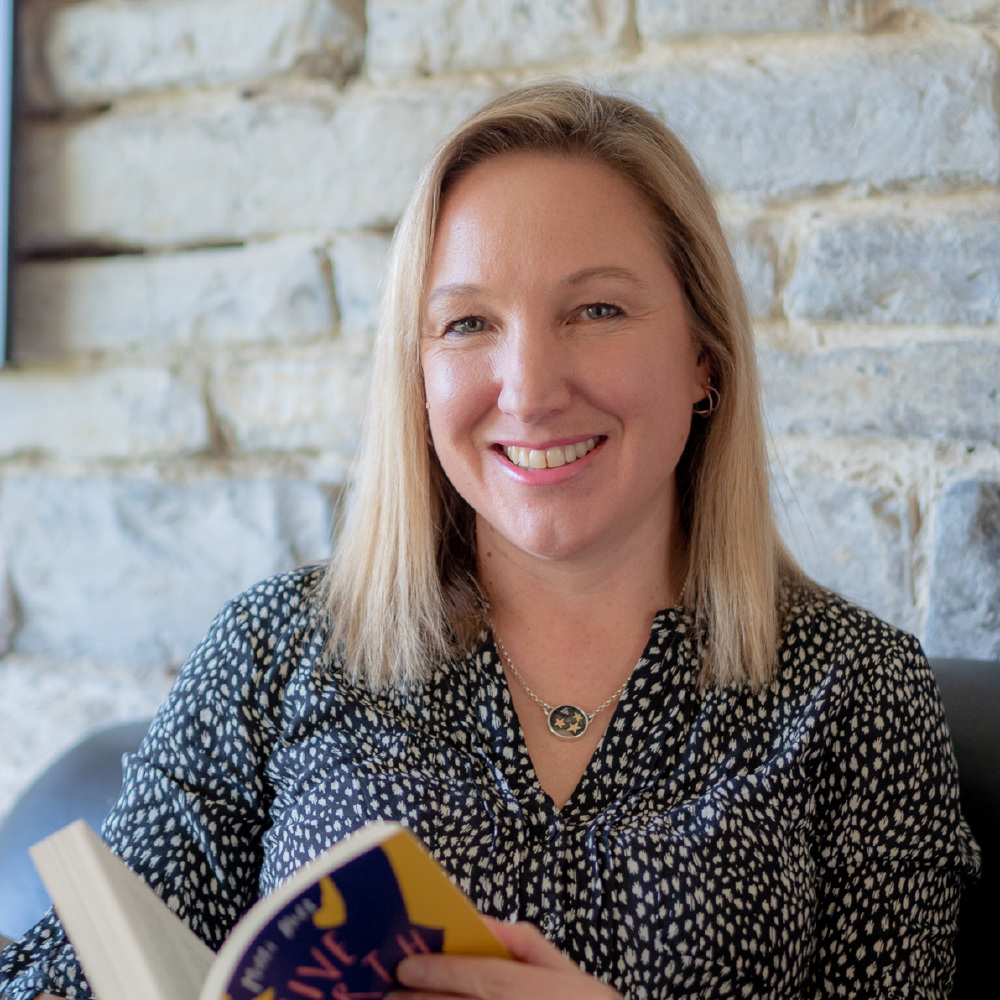Many women find themselves afraid of giving birth and this fear can lead them to take a passive role in their choices. However, by learning about their rights, they can take a more active role and maximise their chances of a positive experience, no matter where or how they choose to have their baby.

Pregnancy
Bestselling pregnancy and birth guide The Positive Birth Book: The Bestselling Guide to Pregnancy, Birth and the Early Weeks by Milli Hill explodes the myth that birth is an inherently traumatic experience or that a hospital birth is always the best option, providing all the essential information women need to ensure they have the freedom to make their own choices, and the confidence to do so.
To mark its fifth anniversary, this bestselling guide has been fully updated and expanded while remaining a life-changing reference that every woman should read.
Of all the books for women to buy on pregnancy and birth, The Positive Birth Book by feminist author and parenting journalist Milli Hill is an absolute must.
And as the book’s full title—The Positive Birth Book: The Bestselling Guide to Pregnancy, Birth and the Early Weeks—indicates, this has consistently been one of the UK’s bestselling guides to pregnancy and birth since its initial publication in 2017—helping more than one hundred thousand women to date, and counting.
Widely regarded, including by this reviewer, as the ultimate birthing bible, the book’s main purpose is to ensure that all women receive a positive birth experience—which, in turn, will enable them to begin motherhood feeling strong and empowered as opposed to potentially traumatised.
What does author Milli Hill mean by a positive birth? To explain this, we need first to survey the current birthing environment, which as the book explains, is far from rosy.
While the main goal of childbirth should always be the delivery of a healthy baby, many mums-to-be come to fear giving birth, known as ‘tokophobia’, and find the experience of giving birth itself to be traumatic.
This is no surprise, says Milli, when portrayals of birth in popular culture, such as medical dramas on TV, “paint a bleak picture of women struggling and suffering on their backs”.
While it is true that some births, because of complications, will unfortunately be traumatic, the vast majority don’t need to be. What makes them so is not the birthing process itself, which is entirely natural, but what is associated with it.
By this, Milli means the medicalisation of the process which, she says, indicates that “many of the simple ingredients to make birth positive have been forgotten”.
Think the brightly-lit hospital delivery room with its associated noise and bustle. This is far different from what any other mammal would opt for, where “darkness, stillness, familiarity” are the order of the day.
The author isn’t saying that a hospital birth should be avoided per se—indeed, in cases where there is a pre-identified medical issue concerning the mother or baby, the hospital is exactly the right choice—but that there are usually a number of options available to women.

As well as a hospital birth, these include a home birth, birth centre birth, water birth and so on. What is important in ensuring a positive birth experience is not the specific manner of birth selected, but that the woman is front and centre in making this decision as opposed to having it thrust upon her.
And central to any of the options, including hospital, should be the right to a “humanised birth”:
“This means that, whatever birth you choose or end up having, you wish it to be an experience in which love, connection, tears, laughter, sexuality, music, touch, flesh and blood and skin and all the rest of it, take priority alongside the (very valid) measuring and monitoring.”
As The Positive Birth Book explains, how a woman gives birth matters, having a lifelong impact on the physical and emotional health of both mother and child. Women, therefore, need to have the freedom and confidence to select what is right for them.
Milli believes that, at present, women are all-too-often deprived of this right because they are not routinely being informed by medical professionals of the wider options available.
This, she says, is because the idea of birth being inherently risky has taken roost in all corners of society, falsely suggesting that a highly medicalised route is best.
Noting that around 85 per cent of births are in hospital, she writes: “The reasons for this are mainly cultural – we have all grown up being told that hospital is ‘where you have a baby’, and that it’s the safest place, and only recently have these ideas begun to be challenged.”
Milli has been front-and-centre in leading that challenge, not only with The Positive Birth Book—which so many women credit for enabling them to have a positive birth experience—but also through her other writings and the foundation of the Positive Birth Movement, a global network of antenatal discussion groups which was focused on improving birth and giving women better access to support and information.
That organisation sadly closed in 2021 after almost a decade’s work tirelessly highlighting the right to a positive birth but all its key guidance and insights are crystalized in The Positive Birth Book, which you could view as the antidote to the many scaremongering and medicalised stories of childbirth that exist in our culture.
From the first chapter to the last page, Milli is on hand to reveal how you can secure a positive birth no matter what choices you make or how your birth unfolds.

While Milli, herself a mum of three, is always inspiring and motivational, with an engagingly warm and witty style of writing, she does not attempt to whitewash the birthing process in any way:
“Giving birth is tough and unpredictable. You might do loads of preparation for a home birth and then get pre-eclampsia and have your baby prematurely and on the operating table. My least favourite birth affirmation is She believed she could so she did. Telling women that if they just close their eyes and click their heels together hard enough, it will all go just how they want, is simply false. But what we can do is maximise our chances.”
That aim to maximise the reader’s chances of a positive birth is fully realised in her book, which is absolutely packed with practical, helpful and reassuring knowledge to empower women.
It explores all the birthing options available, covering their respective pros and cons, and addresses virtually every question a new mum may have, such as ‘Will there be lots of blood?’; ‘Will I poo myself?’; and ‘Can you actually enjoy being in labour?’.
The book also considers more uncommon scenarios such as giving birth if you have diabetes, breech and premature babies, and how to handle things if the baby, tragically, dies .
It also discusses in detail the early weeks after the birth, such as breastfeeding, baby blues, emotions and sleep.
For this fifth anniversary edition, Milli and publisher Pinter & Martin—which is noted for representing authors that challenge the status-quo, and which is strongly connected with books on the themes of pregnancy, birth and breastfeeding—have expanded upon many sections, and introduced many more.
New sections include how to plan for a positive birth in difficult times, exercise in pregnancy, top tips for breastfeeding, and your rights in pregnancy and birth, written by Bashi Hazard of the Human Rights in Childbirth International Lawyers Network.
Other new content includes essential information about the pelvic floor, core and postnatal incontinence by guest writers Nikki Bergen, creator of the Belle Method, and Luce Brett, author of PMSL, a book dedicated to the importance of the pelvic floor.
It is also now complemented by a website where mums-to-be can utilise the icon images from the book to easily drag and drop to create their own birth plan—an essential for any expectant woman, as the book amply demonstrates—to print, save and share.
Since its initial release back in 2017, The Positive Birth Book has assured women that it is OK to take charge of their birthing experience and this new edition highlights how knowing this is more needed today than ever before, with the pandemic having reduced maternity services to women, further increasing the likelihood that women will be ‘told what to do’ when it comes to how they have their babies.
This must stop, she insists. Every mums-to-be does not have to be a “Permission Seeker’, but instead can be a “Permission Giver” if she only knows her rights and recognises her bodily autonomy.
It’s no surprise that many women have described the book as “lifechanging”. The author clearly has a passion for reframing the narrative around women’s bodies, not least because of her own traumatic experiences giving birth to her first child, and this all begins with education.
Across its 300-plus pages, the book informs and instructs in a gentle way, covering all the bases and celebrating the joys of natural birth.
The Positive Birth Book will transform how women view pregnancy and childbirth and, simply put, remains a must on every woman’s bookshelf.
The Positive Birth Book: The Bestselling Guide to Pregnancy, Birth and the Early Weeks by Milli Hill is published by Pinter & Martin and out now in paperback and eBook editions, priced at £14.99 and £7.99 respectively. It is available to purchase from Amazon or the Pinter & Martin website. For more information about author Milli Hill, visit www.millihill.co.uk or follow her on Twitter (@millihill) or Instagram (@milli.hill).
Q&A INTERVIEW WITH THE POSITIVE BIRTH BOOK AUTHOR MILLI HILL
Bestselling feminist author and journalist Milli Hill has been leading the fight for all women to have a positive birth experience for more than a decade. We spoke with Milli to find out more about positive birth and her classic pregnancy guide, The Positive Birth Book.

Q. How did you come to be an expert on pregnancy and birth?
A. I don’t think of myself as an expert on pregnancy and birth to be honest! You definitely don’t want to call me if you are in labour, for example—I wouldn’t have a clue! What I’m an expert in is researching a topic and then writing about it in a really clear way that is fun to read and easy to understand. I ended up doing this with the topic of birth because I felt a real sense of injustice about how women were being let down in the birth experience. I saw a power imbalance in birth that I had not seen in any other area of women’s lives so strongly up until that point. So I wanted to use my writing skills to challenge this imbalance and put some power back into the hands of women.
Q. What one essential piece of advice would you give to mums-to-be to ensure a positive birth experience?
A. Make a birth plan. By which I mean, learn about your options and think about what you want. Learn about your rights and choices. Don’t be an ostrich. Get in the driving seat!
Q. What do you wish you had known before having your first child?
A. Oh wow, well that’s a big question! I don’t think anyone can fully prepare you for parenthood. Getting ready for the birth is one thing but the bit that comes after is a complete rollercoaster ride that basically lasts for the rest of your life. If you tell expectant parents that, though, they don’t really hear you. It’s too hard to contemplate! And I don’t know if it would make any difference anyway!
Q. How would you sum up The Positive Birth Book?
A. It’s the only birth book you need—it will help you challenge and reframe everything you thought you knew about birth, and instil bucket loads of information and confidence so that you feel absolutely prepared for anything. There is literally nothing that it doesn’t cover but it’s also a very easy read with one or two quite good jokes as well.
Q. The Positive Birth Book has been a bestseller ever since its release five years ago. What is the secret of its success?
A. I think women love it because it cuts through the polarity of ‘crunchy hippy home birth’ versus ‘epidural in hospital’ and takes a much more nuanced approach. It talks to women like they are grown-ups, basically. And it says that it’s OK for women to want and need more from birth than simply ‘getting out alive’. It’s OK for women to have their own needs in birth; they are not just disposable ‘vessels’ who should suffer in order to bring new life into the world. They matter too.
Q. Is there an ideal ‘positive birth’ experience that all women should aim towards?
A. No, it’s entirely up to the woman to decide what is positive for her. And this will be different for different people. Having said that, the health care system ‘should’ have some aims. For example, no woman should be traumatised, and all women should feel listened to and respected.
Q. In brief, what are women’s rights when it comes to giving birth?
A. Women have the same rights in pregnancy and birth as they do at all other times. Being pregnant or in labour does not, and should not, affect your human rights in any way. You have the right to be treated with dignity and respect; the right to be fully informed at all time; the right to consent to or refuse any treatment or intervention; the right to pain relief should you need it; the right to privacy and confidentiality; and the right to protection against discrimination. Basically, you should be at the centre of your care and decision-making. You should never feel as if you are ‘allowed’ or ‘not allowed’—although this is, unfortunately, still common in birth stories.
Q. As long as the child is delivered healthy to their mother, why does having a positive birth experience matter?
A. Because women are people too.
Q. You state that many women don’t know their rights when it comes to childbirth, and are not informed of alternative options by medical professionals. Why is this?
A. I think this depends where you are in the world but in the UK we have a very overstretched system at the moment, where professionals don’t always have enough time to build relationships with the women in their care. Added to this, we still have a ‘doctor knows best’ vibe in all areas of healthcare where people don’t always feel fully informed or that they have a choice over what happens. In maternity care, this arguably matters much more because giving birth is not an illness or a sickness; it’s an expression of the body doing something incredibly powerful and healthy.
Q. How can this situation best be rectified?
A. Government funding for maternity with a focus on that funding going to woman-centred humanised care.
Tagged in Books

